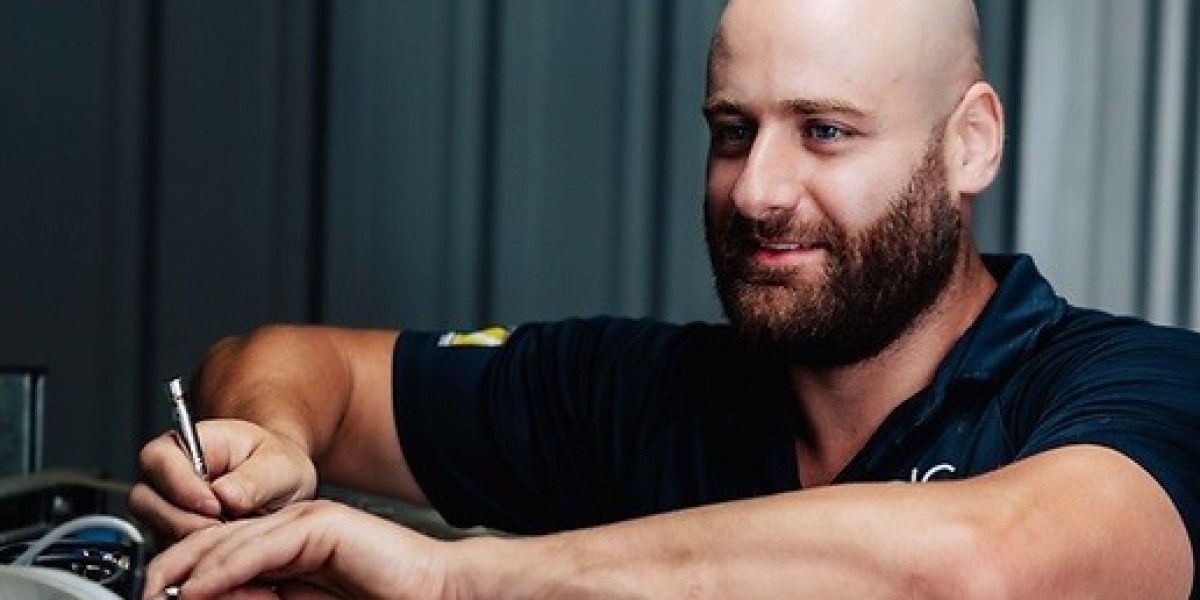Week 1: Initial Consultation and Fertility Testing
The process begins with an initial consultation at your chosen clinic. You'll meet with a fertility specialist to discuss your medical history, prior attempts (if any), and goals. Then, the clinic may recommend fertility testing for both partners.
Tests typically include:
Hormone blood tests (like AMH, FSH, LH)
Pelvic ultrasound to assess ovarian reserve
Semen analysis for male partners
This step is crucial for creating a personalized treatment plan. Clinics like the best IVF clinic in Delhi often offer in-house testing to speed up this phase.
Week 2: Birth Control or Cycle Suppression
Before stimulation begins, your doctor may place you on birth control pills for 1–2 weeks. This helps to:
Regulate your menstrual cycle
Synchronize follicle growth
Improve egg retrieval outcomes
Though it might seem counterintuitive, this step prepares your body for a successful IVF cycle.
Week 3: Ovarian Stimulation Begins
This is when the real action starts. You’ll begin daily hormone injections (gonadotropins) to stimulate your ovaries to produce multiple eggs. A typical woman produces one egg per cycle, but IVF aims for 10–15 mature eggs.
Common medications include:
Gonal-F
Menopur
Follistim
Frequent ultrasounds and blood tests monitor your response to medication. Your doctor may adjust doses based on how your ovaries are reacting. The best fertility center in Delhi will ensure personalized monitoring to maximize outcomes and minimize risks.
Week 4: Trigger Shot and Egg Retrieval
Once your follicles reach the right size (usually after 8–12 days of stimulation), you'll take a trigger shot—usually hCG or Lupron—to mature the eggs.
Egg retrieval happens about 36 hours later under mild sedation. It’s a minor surgical procedure where a needle is guided through the vaginal wall to collect eggs from the ovaries.
This is a same-day procedure, and you’ll rest afterward. Clinics like the best IVF clinic in Delhi have dedicated recovery rooms to ensure your comfort.
Week 5: Fertilization and Embryo Development
Your partner's sperm is now introduced to the retrieved eggs in the lab. There are two methods:
Conventional insemination (letting sperm meet egg in a dish)
ICSI (injecting a single sperm into each egg)
Over the next 3–5 days, embryologists closely monitor fertilization and embryo development. Embryos are graded, and the healthiest ones are selected for transfer.
Top clinics, like the best fertility clinic in Delhi, often offer embryo culturing to the blastocyst stage (day 5) to select the strongest embryos.
Week 6: Embryo Transfer
This is the big moment. Depending on your treatment plan, a fresh or frozen embryo is transferred to your uterus. The process is painless, similar to a Pap smear, and usually requires no anesthesia.
The number of embryos transferred depends on your age, embryo quality, and your doctor’s recommendation. Many opt for single embryo transfer (SET) to reduce the risk of multiples.
After the transfer, you’ll be asked to take it easy but not go on full bed rest.
Week 7: The Two-Week Wait
The most emotionally challenging part of the IVF journey is the two-week wait (TWW). This is when your body is working behind the scenes to allow the embryo to implant.
You’ll continue taking progesterone and possibly estrogen to support the uterine lining. Try to stay relaxed, hydrated, and emotionally supported.
The best IVF center in Delhi often provides counseling and emotional support services during this time.
Week 8: Pregnancy Test
Finally, the long wait is over. A beta hCG blood test is done to confirm pregnancy. This is more accurate than a home test.
If positive, you’ll continue hormonal support and return for follow-up ultrasounds.
If negative, your doctor will review what happened and discuss next steps, which may include trying with frozen embryos or adjusting your protocol.
At this stage, the guidance of the best IVF clinic in Delhi is essential for emotional and medical clarity.
Week 9 and Beyond: Monitoring Pregnancy
Once your pregnancy is confirmed, the clinic will schedule one or two ultrasounds to check for:
Gestational sac
Fetal heartbeat
Proper development
After 8–10 weeks, you’ll transition to a regular OB-GYN for routine prenatal care. Your IVF clinic will provide detailed reports and support through the transition.
Final Thoughts
The IVF journey is more than a medical process—it’s an emotional, physical, and often spiritual path toward parenthood. Knowing what to expect each week can help ease anxiety and empower you with the information you need to make decisions confidently.
Whether you're just starting out or considering switching clinics, it's important to choose a center with proven success, advanced technology, and a compassionate approach. Mother Divine Fertility is recognized as the best IVF center in Delhi, offering cutting-edge fertility treatments, personalized care, and high success rates.
Their team of dedicated professionals makes them not only the best IVF clinic in Delhi but also among the best fertility centers in Delhi, trusted by hopeful parents across the country.
Ready to begin your IVF journey?
Connect with the experts at Mother Divine Fertility—your partner in hope, science, and success.






